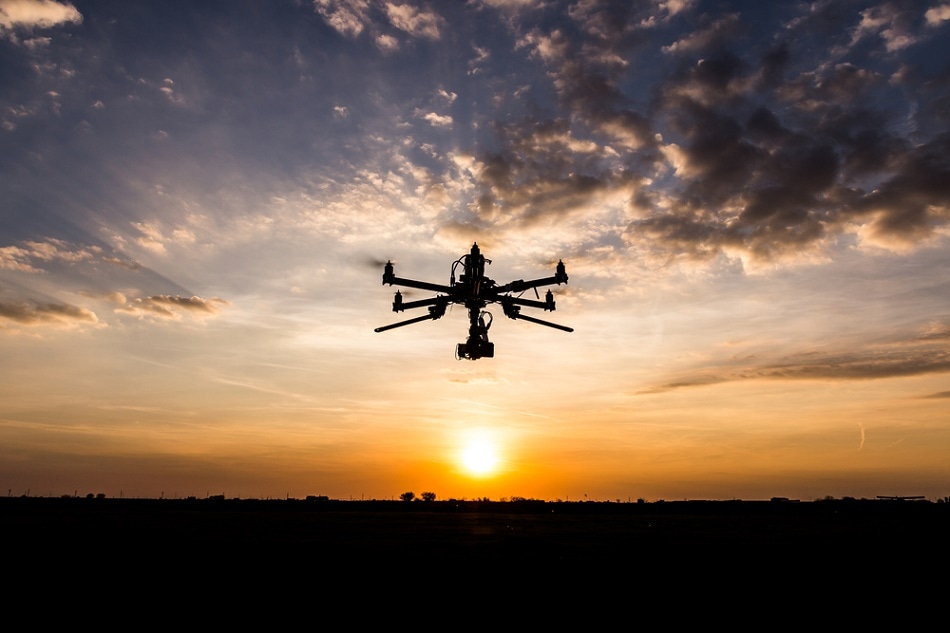Aug 8 2016
 Image Credit: concept w/Shutterstock.com
Image Credit: concept w/Shutterstock.com
The adoption of drones is increasing in our society, for example, drones are extensively used by the military for surveillance. There is also a national drone racing championship and a national drone film festival.
However, how this technology would transform the world when used to improve the lives of the global poor is an interesting question.
Drones are being employed as a life saving way to enhance the healthcare of helpless rural communities where poor or non-existent roads largely affect the delivery of care.
Vayu, Inc. in collaboration with Stony Brook University has successfully carried out a series of long-range, fully autonomous drone flights with stool and blood samples for the first time. The Madagascar government and the United States Agency for International Development (USAID) offered their timely support to this achievement.
From villages in rural Madagascar, the samples were transported to the Centre ValBio research station of the Stony Brook University for further analysis. Vayu’s drones are capable of taking off and landing like a helicopter and flying long distances. These capabilities enable the drones to help vulnerable remote communities obtain the healthcare they deserve.
The flights to and from villages in the Ifanadiana district [of Madagascar] ushers in a new era in bringing healthcare to people living in really remote settings. This would not have been possible without the support of the government and people of Madagascar In this context drones will find innumerable uses such as accelerating the diagnosis of tuberculosis and ensuring the delivery of vaccines.
Dr. Peter Small, Founding Director of Stony Brook’s Global Health Institute
Like most of the diseases that outbreak in developing nations, the diagnosis can only be carried out in a laboratory and it is necessary to transport the blood and stool samples rapidly.
Faculty and students from Stony Brook University Medical Center realized the impact of lack of roads on such remote communities who are badly affected by these diseases, and due to this reason, they wanted to develop innovative solutions for such communities.
For this purpose, they collaborated with Vayu, Inc., a startup that was established with the specific purposes of creating first-of-its-kind medical delivery drones as a means of transporting tissue, blood and stool samples to the Centre ValBio research station for rapid evaluation diagnosis. Eventually, this collaboration will enable vulnerable remote communities to get the proper medications they deserve on time and quickly, thereby paving the way for such communities to receive better medical care.
Vayu's accomplishment is as significant for the field of public health in developing countries, where limited access hinders healthcare as it is for the future of autonomous unmanned vehicles.
Daniel Pepper, CEO, Vayu
Vayu's Drones Deliver Healthcare in Rural Madagascar
Video Credit: Vayu/Youtube.com